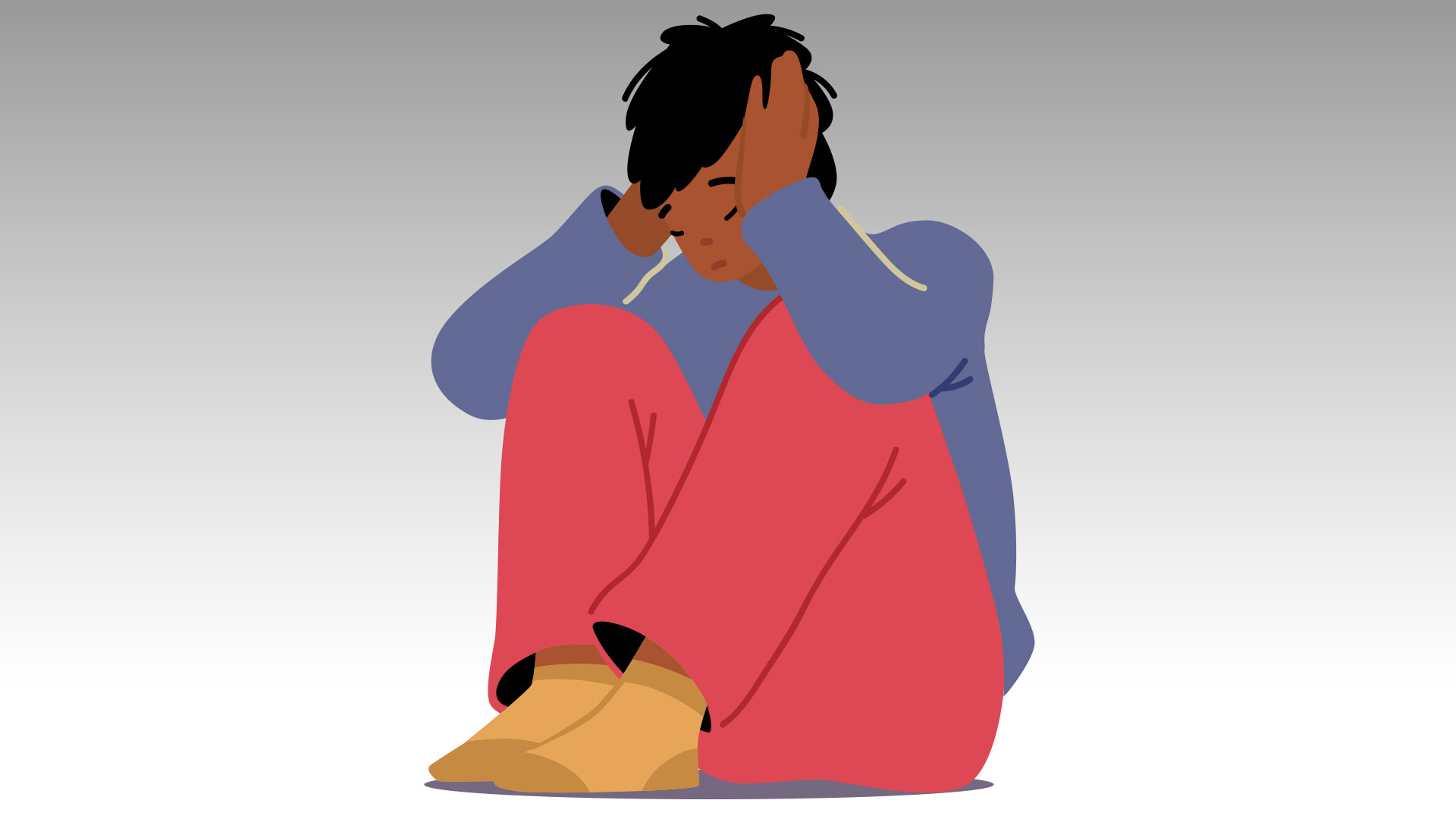Managing Loss: How ADHD and Grief Impact Teenagers

Q : My son’s best friend passed away suddenly. He doesn’t want to talk about it or return to the band where he and his friend shared their passion for music. My son is in counseling, but I’m wondering if children with ADHD process death and grief differently than other kids do?
Your son likely understands the concept of death but does not have an adult’s coping strategies. He may have feelings that he’s not sure how to handle or discuss. Also, teens might be less receptive to their parents’ support than are younger children because, developmentally, they are working to become more independent. However, parental support still plays an important role in helping teens as they grieve.
It’s necessary for a teen’s long-term mental health to feel the sadness that comes after a loss. We expect their most intense feelings of grief to begin to diminish around the six-month mark. Grief doesn’t disappear, but their capacity to cope with the loss and pain will gradually grow.
Following a death, the challenges faced by children and adolescents include:
There are complex dimensions to any personal loss that are seldom obvious to others. For example, your son and his friend may have made plans for their band or for the next school year. Now he must cope with the loss of these expectations and hopes. There may be moments of anger at the person for dying, or guilt for something that was said or done.
Grieving youth sometimes avoid doing things they enjoyed because of the triggered memories and feelings of grief. If a death was traumatic, your son’s therapy likely needs to address both grief and trauma responses, which are different. If this is the case, ask your son’s therapist whether he has been assessed for post-traumatic stress reactions. An approach called Trauma and Grief Component Therapy for Adolescents works on teens’ challenges following a death, and it is helpful if grieving reactions last longer than six months. This therapy can also begin to address post-traumatic stress reactions if they are present.
You can support your son by:
Research involving grief in children and neurodivergent populations is not extensive enough to know whether those with ADHD experience unique reactions. However, many people with ADHD experience emotions intensely. It is difficult to shift out of intense emotions and to accept guidance while feeling distressed. Anecdotes from grief therapists suggest that youth with ADHD may benefit from extended time in therapy.
Angela Breidenstine, Ph.D., is a senior clinical psychologist at the Child Mind Institute in the San Francisco Bay Area.
CELEBRATING 25 YEARS OF ADDITUDE Since 1998, ADDitude has worked to provide ADHD education and guidance through webinars, newsletters, community engagement, and its groundbreaking magazine. To support ADDitude’s mission, please consider subscribing. Your readership and support help make our content and outreach possible. Thank you.




